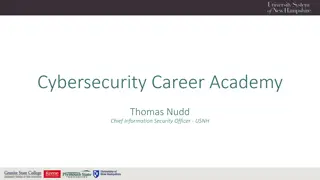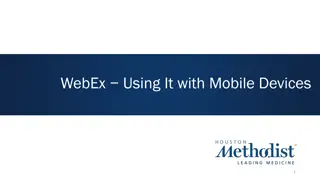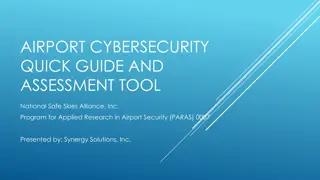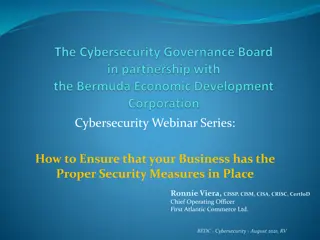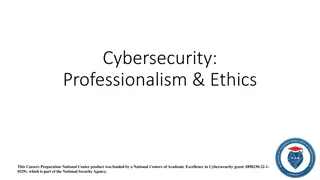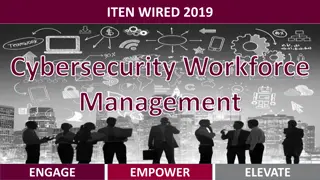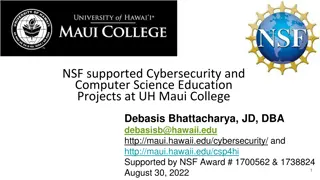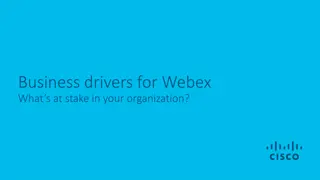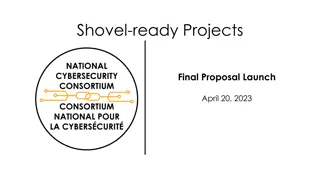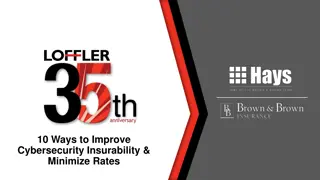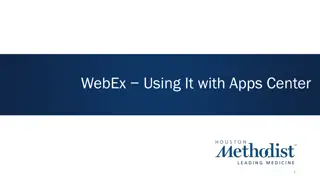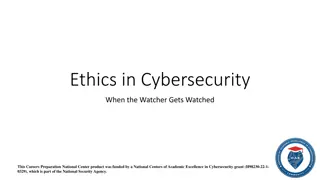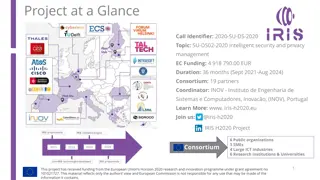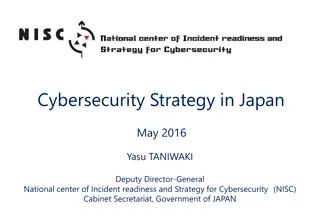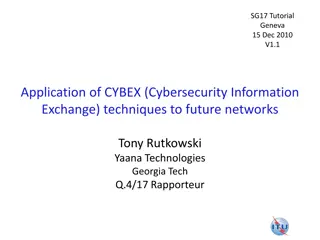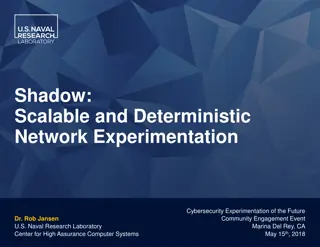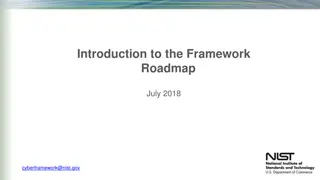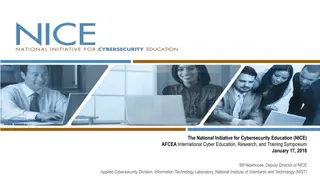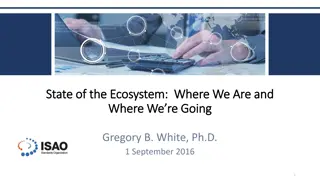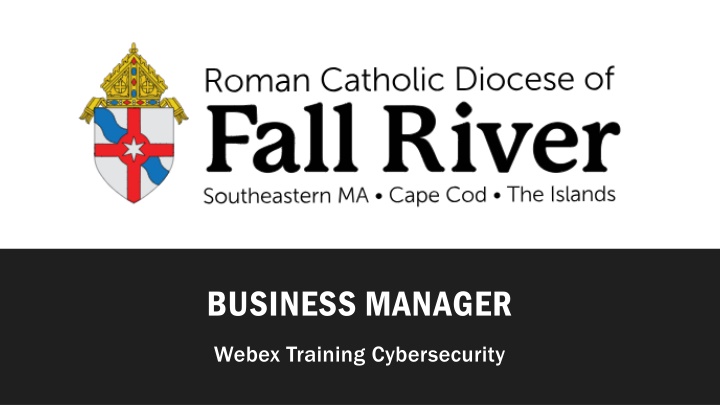
Protect Your Organization with Cybersecurity Best Practices
Learn about the importance of cybersecurity best practices including protecting your systems, managing passwords securely, maintaining separate email accounts, and enhancing cyber awareness training to safeguard against cyber threats. Explore helpful resources and links for comprehensive cybersecurity protection.
Download Presentation

Please find below an Image/Link to download the presentation.
The content on the website is provided AS IS for your information and personal use only. It may not be sold, licensed, or shared on other websites without obtaining consent from the author. If you encounter any issues during the download, it is possible that the publisher has removed the file from their server.
You are allowed to download the files provided on this website for personal or commercial use, subject to the condition that they are used lawfully. All files are the property of their respective owners.
The content on the website is provided AS IS for your information and personal use only. It may not be sold, licensed, or shared on other websites without obtaining consent from the author.
E N D
Presentation Transcript
BUSINESS MANAGER Webex Training Cybersecurity
TRAINING OVERVIEW Today s topic: Cyber Security Today s topic: Cyber Security Best Practices Best Practices Passwords Passwords Email Email Training Training
BEST PRACTICES Protect your systems. The use of anti-virus software, a firewall, and anti-spyware are key to ensuring secure environment. Keep software up to date. Updating to the latest version of your software can protect you from new or existing security vulnerabilities. This includes apps, web browsers and operating systems. Backup your data regularly. You can backup data by using cloud backup, external hard drives, flash drives or backup services.
PASSWORDS Avoid using personal information such as birthdays, pet names or other easily guessable details in your passwords. Use strong passwords for all laptops, tablets, and smartphones. Check how secure your passwords are https://www.security.org/how-secure-is-my-password/ MFA is another layer of protection that helps verify that it is you who is accessing your account and not fraudulent activity. Enabling this feature whenever you can! Quickbooks DFA https://www.fallriverdiocese.org/app/uploads/2023/07/Quickbooks-Dual- Factor-Authentication-rev-10-22.pdf
EMAIL Maintain separate work and personal email accounts. You should not use your personal email account for business purposes. Be aware of email scams. Phishing emails are attempts to gain personal information or compromise your computer when link on a link or open an attachment. Investigate suspicious messages. Check the Sender s Address, look for spelling errors. Beware of urgent or threatening language.
TRAINING Cyber security awareness training is the most effective way to protect an organization from cyber threats. Many cyber incidents occur due to human error. Training helps you to recognize and avoid these mistakes. CMG Connect from Catholic Mutal Group offers Cyber security and awareness training. All employees and volunteers should already have an account. https://cmgconnect.org
HELPFUL LINKS Finance Contacts Office of Finance - Roman Catholic Diocese of Fall River CMG Connect Cyber Security Training https://cmgconnect.org Diocesan Offices & Ministries contact A-Z List of Diocesan Offices & Ministries - Roman Catholic Diocese of Fall River (fallriverdiocese.org) Where to find previously held business manager Webex Office of Finance - Roman Catholic Diocese of Fall River


